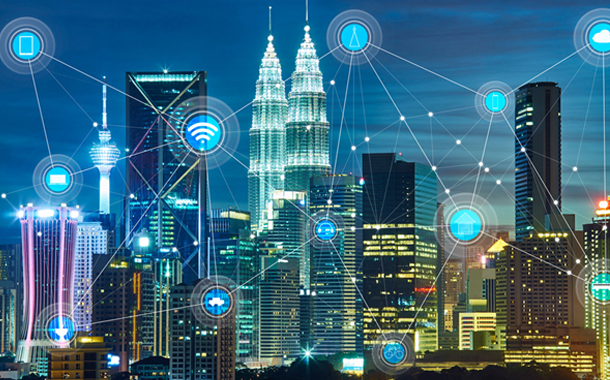Report examined that a number of digital kiosks and interactive terminals used in modern cities for different purposes were vulnerable to cyberattacks
Modern cities are complicated ecosystems made up of hundreds of different components including digital ones. Aimed to make life more convenient and safer for citizens, they can also pose a certain degree of threat to people’s data and safety – as illustrated in the findings of the research conducted by Kaspersky Lab experts.
Ticket terminals in movie theaters, bike rental terminals, service kiosks in government organizations, booking and information terminals at airports, and passenger infotainment terminals in city taxis might all have a different appearance, but inside most of them are the same. Each such terminal is either a Windows-based or an Android-based device. The main difference in comparison to ordinary devices is the special kiosk-mode software that runs on public terminals and serves as the user interface. This software gives the user easy access to specific features of the terminal whilst at the same time restricting access to other features of the device’s operating system, including launching a web browser and then virtual keyboard. Accessing these functions provides an attacker with numerous opportunities to compromise the system, as if he was in front of a PC. The research showed that almost any digital public kiosk contains one or multiple security weaknesses which allow an attacker to access hidden features of the OS.
“Some public terminals we’ve investigated were processing very important information, such as user’s personal data, including credit card numbers and verified contacts (for instance, mobile phone numbers). Many of these terminals are connected with each other and with other networks. For an attacker they may be a very good surface for very different types of attacks – from simple hooliganism, to sophisticated intrusion into the network of the terminal owner. Moreover, we believe that in the future public digital kiosks will become more integrated in other city smart infrastructure, as they are a convenient way to interact with multiple services. Before this happens, vendors need to make sure that it is impossible to compromise terminals through the weaknesses we’ve discovered”, – said Denis Makrushin, security expert at Kaspersky Lab.
Another part of the research was dedicated to cities speed control cameras. Using the Shodan search engine, researchers were able to identify multiple IP addresses belonging to such devices and openly accessible from the web: no passwords were in use and anyone would be able to see the footage from cameras and more. Researchers discovered that some tools used to control these cameras are also available to anyone on the web.
“In some cities, speed control camera systems track certain lines on the highway – a feature which could be easily turned off. So if an attacker needs to shut down the system at a certain location for a period of time, they would be able to do that. Considering that these cameras can be, and sometimes are, used for security and law enforcement purposes it is really easy to imagine how these vulnerabilities can assist in crimes like car theft and others. It is therefore really important to keep such networks protected at least from direct web access”, – said Vladimir Dashchenko, security expert at Kaspersky Lab.




